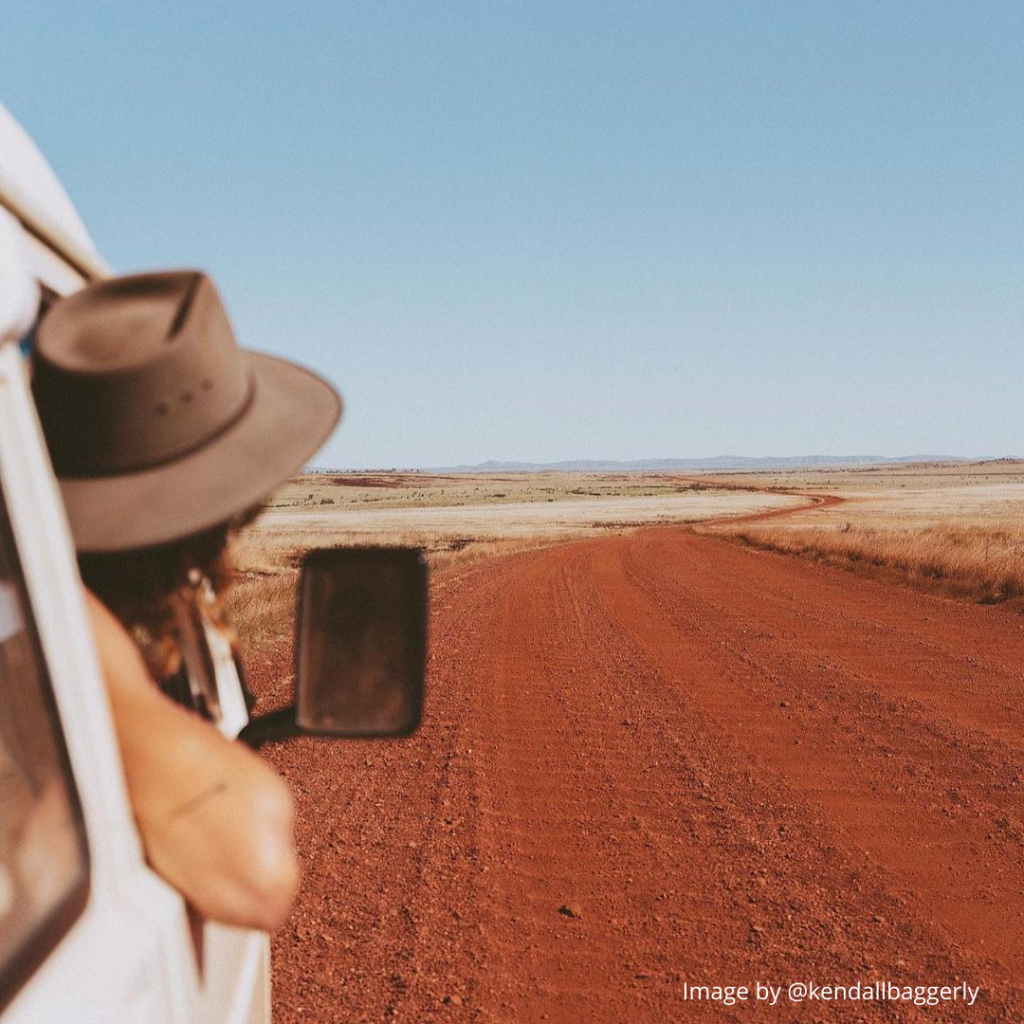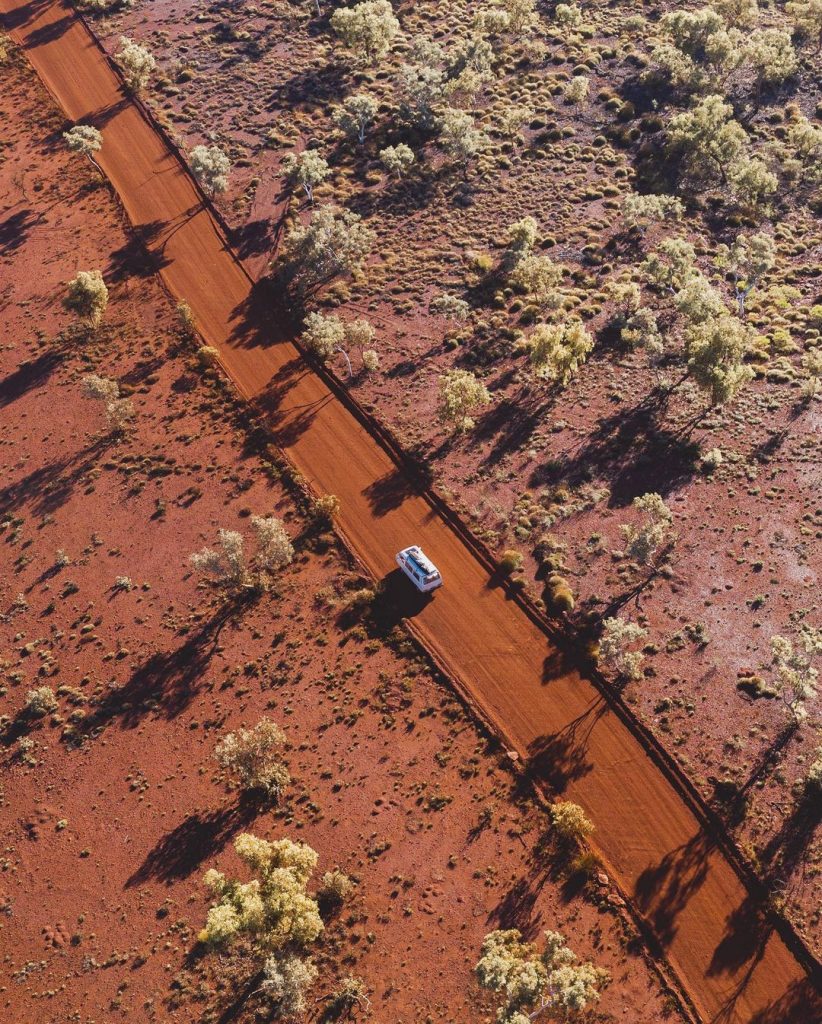
LOOKING TO ADVENTURE ON ROADS LESS TRAVELLED? HERE IS WHAT YOU NEED TO KNOW BEFORE YOU HEAD OUT.
The idea of packing up the van and heading far away from the bustling city scapes and driving into wide open spaces is the trip most of us dream of. For those who are confined to four walls and a roof due to continued lockdowns, booking a trip to embrace and support rural regions in the (hopefully) not too distant future is something many Aussies are beginning to do.
In fact, 89.6% of camping trips are being taken regionally each year. Concerningly, new research shows two in three road deaths occur on regional roads. Caravan Industry Association of Australia and Australian Road Safety Foundation are spreading awareness in September over the confronting realities of regional road travel and sharing the top tips and resources you can check out ahead of your journey to keep you and your family safe.
Keeping Safe on Rural Roads
Co-exist with fellow travellers:
Just because you’re on roads less travelled doesn’t mean you won’t be passing another road user. Keeping alert and being mindful of heavy vehicles is an important part of motoring. It is recommend using a UHF with your channel displayed clearly on the back your van. This facilitates good communication for overtaking or reporting hazards to on coming vehicles.
Plan ahead and take rest breaks:
At times, you may find yourself travelling long distances between towns, it is important to have a good night’s sleep and, take appropriate rest breaks when needed. A good rule of thumb is to aim for 15 minutes every 2 hours.
Rest at designated traveller stops:
All main roads offer rest stops for travellers, use them to take rest, stretch it out and enjoy a scenic break. Ensure you do not use designated truck stops for your overnight rest breaks. Planning ahead will help make your journey stress and fatigue free.
Be alert, always:
Hazards on rural roads will differ from the bumper-to-bumper traffic you might experience back home. Possible hazards you may encounter include, but are not limited to:
- Narrow sealed or unsealed roads with soft shoulders or loose gravel causing less traction
- Roaming livestock and wildlife portray a different kind of hazard that you’re used to. A collision with a large animal can cause serious damage.
- Mechanical items such as spare bearings, seals, and grease along with, appropriate tools to carry out some basic repairs to keep you on the road
Be prepared and ensure you always have essential mechanical items and tools to keep you going should the unexpected occur. See our RV toolkit must haves for a full list of all your tool box essentials.

Caravan Industry Association of Australia reports September as being the peak family camping holiday period as kids enjoy their Spring midterm break. The report shows that during similar holiday periods, such as Easter, 71% of campers will travel over 250kms from their home and stay away an average of 4.8 nights.
‘All road users have a responsibility to road safety when using our roads and for our camping families during these school holidays we encourage people to be patient and not rush. Planning starts before the key is turned, get your car and RV serviced, take a refresher towing course if needed and plan your trip. Determine before you leave, how far you intend to travel each day, plan your rest and fatigue management stops and book your accommodation in advance’ says Keelan Howard GM of Marketing & Communications, Caravan Industry Association of Australia.
‘Our research also indicates that Sundays and Monday when people are potentially returning home from their camping trip, maybe tired after a big camping trip they are more at risk, so once again, plan your trip, ensure you are rested and don’t rush. The roads will be busy as other campers return home’ advises Keelan Howard
Real RV Boss’s Know the Road Rules:
Being an RV Boss means ensuring you are well informed and prepared ahead of your next adventure. To find out more information of Rural Road Safety, visit www.arsf.com.au.
Before planning your trip, consider a Towing Education course and, or a First aid course as well as knowing how to use your communication devices appropriately. Carry ample water in case of a break down allowing 5 – 7 litres per person per day.
Towing Information plus free download visit www.caravantowingguide.com.au
Trucks and Caravans education and information www.coexist.org.au
Ready to practice your road safety skills and safely hit the road in your new RV this month? Explore RV Boss’s extensive range of caravans and RV for sale today!



